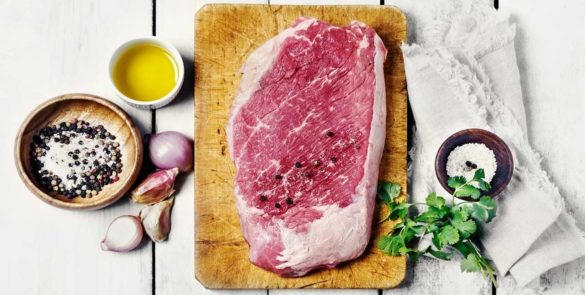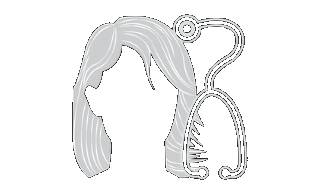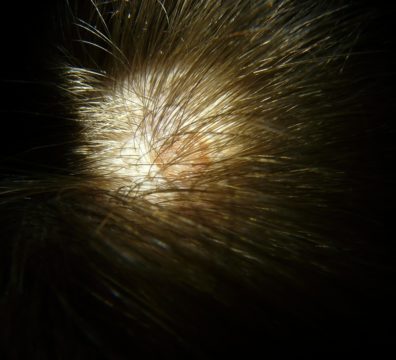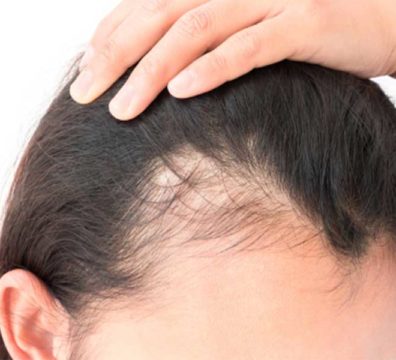Why do not you know the link between hair loss and iron deficiency makes you lose hair?
In the case of a very insufficient intake of iron, a problem of intestinal absorption or a sufficiently high loss of iron, we are in principle all, and at any age, likely to suffer from iron deficiency or iron deficiency anemia (anemia caused by iron deficiency) in the most severe cases.
The people most affected are women of childbearing age, children, the elderly, top athletes, but also people suffering from chronic intestinal diseases or other chronic diseases.
Iron deficiency anemia sets in slowly, so it often goes unnoticed at first. The patient feels very tired and his complexion becomes pale. He lacks energy and appetite for no apparent reason, gets irritated easily and feels short of breath.
If the lack of iron persists, the heart rate accelerates (tachycardia) and the heartbeat becomes perceptible (palpitations).
Iron deficiency anemia is also often diagnosed during a consultation for a loss of hair!
Pourquoi le manque de fer fait-il perdre les cheveux?
Si votre taux de fer est faible les globules rouges ne seront pas nourris et oxygéné correctement et par conséquent elles ne pourront pas alimenter les cellules de reproduction du cheveu.
Un manque de fer installé peut entraîner un cheveu plus fin, cassant et une chute des cheveux diffuse et continue.

It is therefore important to realize that in this case, the impact on the quality of the hair, is a consequence of an important pathology that affects other organs.
Recover the quality of hair, is to treat the cause, so iron deficiency anemia!
Diagnosis of iron deficiency anemia
The diagnosis of iron deficiency anemia is based on a blood test. It allows to know the rate of ferritin, a protein that plays an important role in the storage of iron in the body. Other indicators allow physicians to guide their diagnosis, such as low hemoglobin or an abnormally high total iron binding capacity.
Treatment of iron deficiency anemia
Iron intake is the first step to take. The patient should focus on iron-rich foods such as meat and poultry liver, sardines, green vegetables, dried fruits and cereals. There are also iron supplements marketed as tablets. Specific treatments can be put in place depending on the cause responsible and other disorders presented.
This starts from a nutritionist monitoring to balance the diet, take an oral treatment (ferocure, ferrograde, ferrogradumet) in intravenous (tardiferron, ….) See a transfusion if necessary)

Il est donc conseillé aux femmes qui perdent leurs cheveux de se faire prescrire une analyse de sang pour vérifier régulièrement leurs taux de ferritine et de vitamine D. En cas de carence, une supplémentation devrait être bénéfique, en association avec le traitement médical et cosmétique. Pour tous renseignements complémentaires sur votre chute de cheveux, faites-vous établir un diagnostic approfondi de vos cheveux



